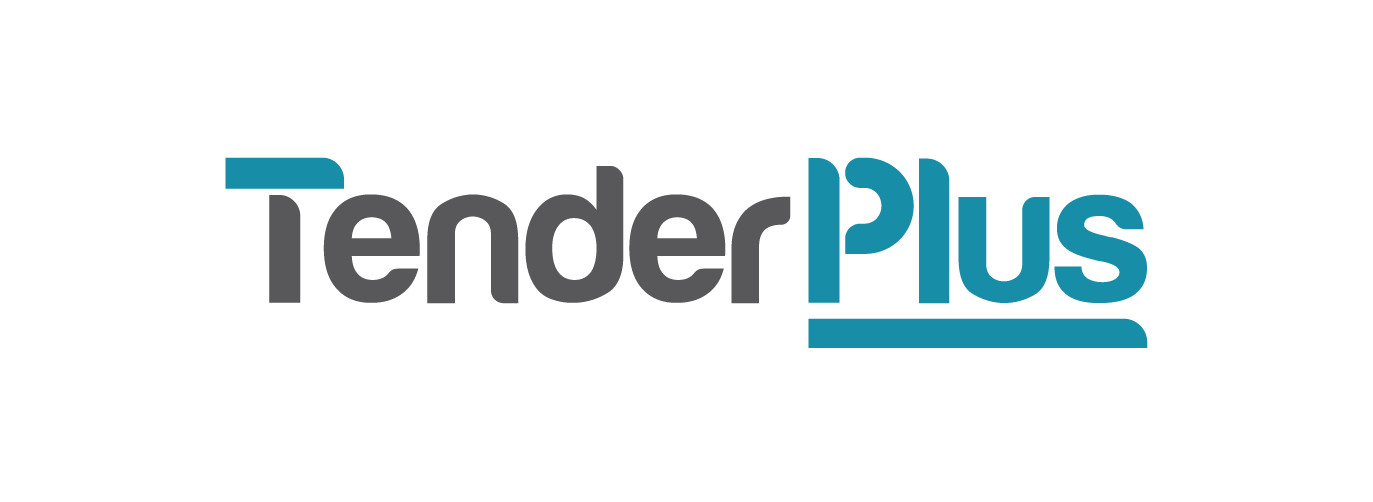My parents are my biggest supporters, but still don’t fully understand what I do!
Meet … Louise Ferguson, Principal Tender Specialist, Perth
What's the most rewarding part of consulting as a specialist on tenders?
Supporting both large and small organisations when they really need the help. Working with people who appreciate our unique skills and who are invested in the outcome, is very rewarding.
How do you adapt to the different subject matter that you deal with on a day-to-day basis?
One of the advantages of consulting is getting to experience diversity of scope and subject matter regularly, by working with different organisation, within a variety of sectors. Each new tender is an opportunity to start fresh and refocus on new priorities and requirements.
What's the best tip a mentor or colleague in the field has given you about tendering and why?
Do not work too late, it will all still be there tomorrow. This is so true in most cases. Working in tendering for so long has taught me that rest is a non-negotiable if you want to add value to the team.
Coffee or tea? (Discuss)
Coffee, but one a day is my limit!
What's the most important quality that you think you bring to the bids that you work on? Why?
Calmness. I am a firm believer in picking your battles. Composure, clear communication and being kind to others goes a long way to creating cohesion and successful outcomes.
What's it like being part of the Tender Plus team?
What an amazing bunch! I feel lucky to work with such an incredible group of engaged, funny, intelligent and supportive people.
If you could immediately change one thing about tendering that would make the discipline better for everyone, what would it be?
A better understanding and appreciation of what a tender professional brings to the team, whether its writing, formatting or managing a submission.
The perception that tender coordination and management is easy, that writing and editing takes no time at all, or that we are here to simply make things look better, is a fallacy.
What are the top three tips you would give to a client about writing a tender?
1. Understand what the client wants and articulate that understanding
2. Your solution to client requirements needs to include not only the ‘what’, but also the ‘why’ AND the ‘how’
3. Justify your solution through examples and experience and always explain the benefits to the client in terms of their stated needs and expectations
What's the funniest word, phrase, or acronym you have seen in a tender?
Pig launcher (probably not funny if you are an engineer).
"We came a close second." Thoughts?
Such a popular phrase in tendering, however, really doesn’t mean anything. Unfortunately (or fortunately) in this game you either win or you lose.
What's the word you never want to see used in a tender again?
World-leading (unless it’s true).
What is your favourite sector to tender in? Why?
Construction. Being part of many successful tenders for some of the most iconic and complex projects in Australia, it is very fulfilling to see everything you wrote about come to life!
Cat person, dog person or other? If other what?
Cat
How do you describe what you do for a career?
I am always a writer when anyone outside of the industry asks. It is just easier. My parents are my biggest supporters, but still don’t fully understand what I do. They do however appreciate that I love what I do, I am part a great and supportive team and that (and I quote) “Tender Plus has a great website” 😊
Why do you think that you thrive under pressure? What makes you so resilient?
Growing up, I was taught that hard work pays off, but this is not always the case. Some tenders (and people) are difficult to navigate, and some have been known to push buttons I didn’t know I had, yet here I am!
Somehow this highly pressurised environment, brings out the best in me. Optimism, flexibility and open-mindedness allow me to focus on the positives and drives me to see the potential success at the end of every tender. Surely no one goes into a tender to lose!
"It's all about the price." Thoughts?
Well-written and compelling qualitative responses will always have their place in any value for money equation. Thankfully tendering has evolved and the process has become fairer and more inclusive for a more diverse range of bidders.
